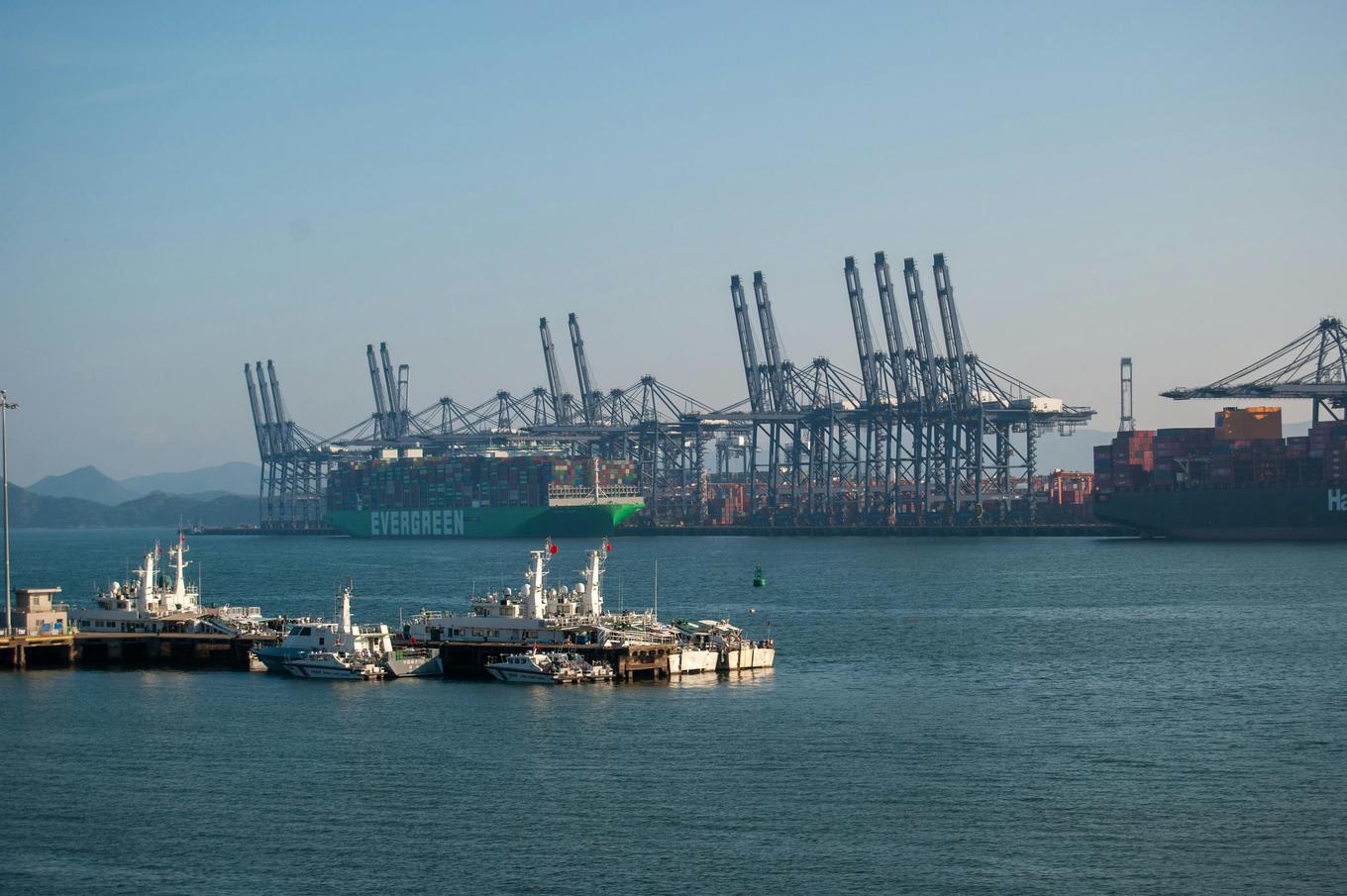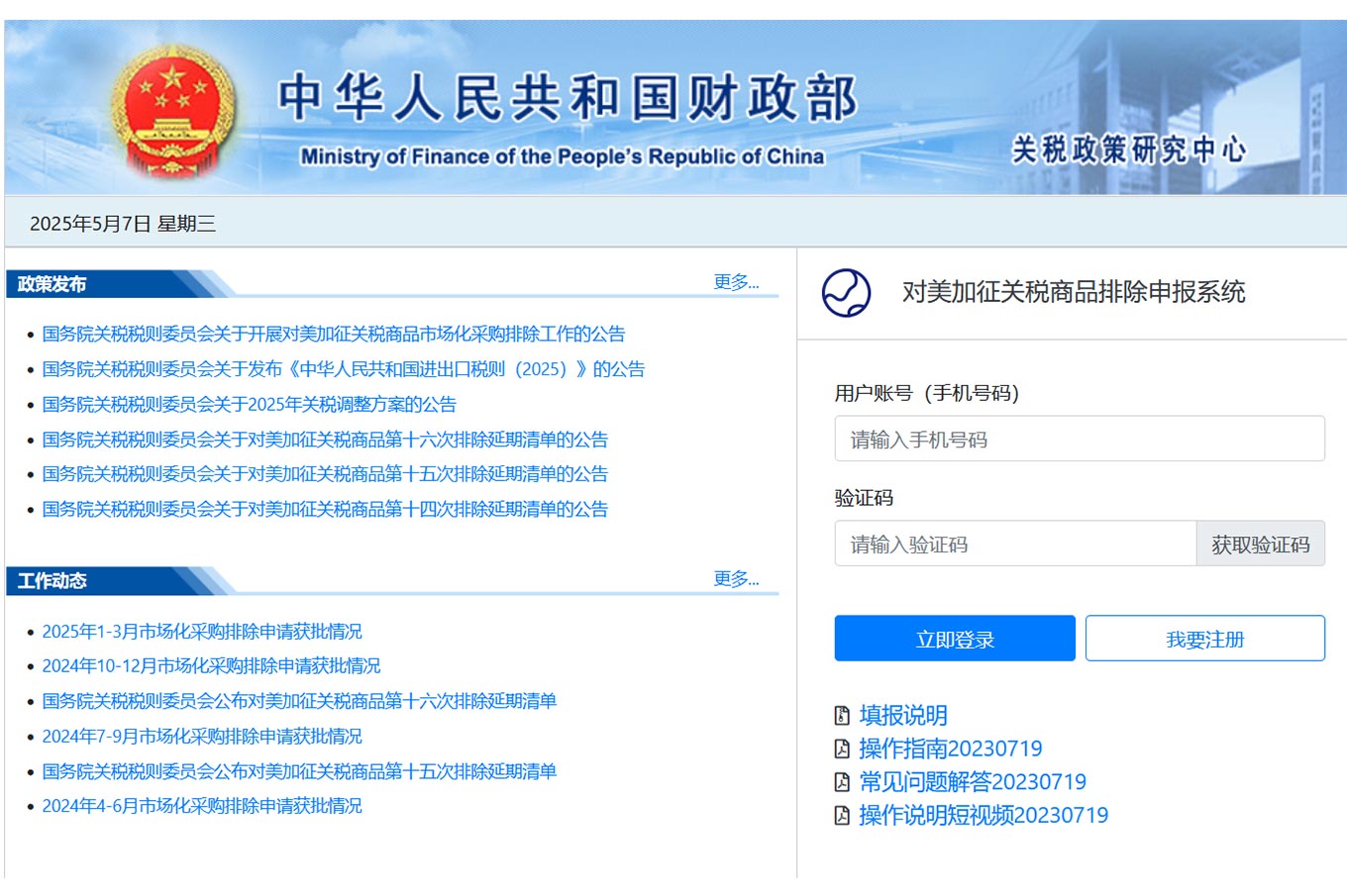- Shanghai Zhongshen International Trade Co., Ltd. - Two decades of trade agency expertise.
- Service Hotline: 139 1787 2118
On April 24, U.S. time, U.S. President Joe Biden signed the bill "H.R.815 – Making emergency supplemental appropriations for the fiscal year ending September 30, 2024, and for other purposes." This legislation focuses on emergency funding and policy adjustments across multiple areas, including military aid to Ukraine and Israel, legal regulations targeting the social media app TikTok, and the imposition of new sanctions on energy sector cooperation between Iran and China.

According to the provisions of the National Defense Authorization Act for Fiscal Year 2012 of the United States, if a foreign financial institution conductssignificant financial transactions with the Central Bank of Iran or other designated Iranian financial institutions, the US President must restrict or prohibit the business of these financial institutions in the United States. The definition ofsignificant financial transactions in the new bill has been adjusted, removing the limitations on the scale and nature of the transactions, and almost all Iran - related transactions may trigger sanctions.
According to the provisions of the U.S. *National Defense Authorization Act for Fiscal Year 2012*, if foreign financial institutions engage in "significant financial transactions" with the Central Bank of Iran or other designated Iranian financial institutions, the U.S. President is required to impose restrictions or prohibitions on the operations of these institutions in the United States. The new bill has revised the definition of "significant financial transactions," removing limitations on transaction scale and nature, meaning that almost all transactions involving Iran could potentially trigger sanctions.
According to the new bill, the US President is required to determine whether any foreign financial institution has triggered the above - mentioned sanction conditions within 180 days after the promulgation of the bill and annually within the next five years, and report the results to the House Financial Services Committee and the Senate Committee on Banking, Housing, and Urban Affairs. This provision means that relevant financial institutions will face continuous review and uncertainty.
Although the final version of the bill in the House of Representatives added the qualification of based on relevant facts and circumstances, leaving some room for discretion, overall, the bill poses obvious restrictions and challenges to the financial transactions between China and Iran. In the future, this may prompt the countries and institutions involved to reconsider and adjust their international financial strategies and policy layouts.
Although the final version of the bill in the House of Representatives added the qualifier "based on relevant facts and circumstances," leaving some room for discretion, overall, the bill imposes clear constraints and challenges on financial transactions between China and Iran. In the future, this may prompt the countries and institutions involved to reconsider and adjust their international financial strategies and policy arrangements.
Related Recommendations
? 2025. All Rights Reserved. Shanghai ICP No. 2023007705-2  PSB Record: Shanghai No.31011502009912
PSB Record: Shanghai No.31011502009912










